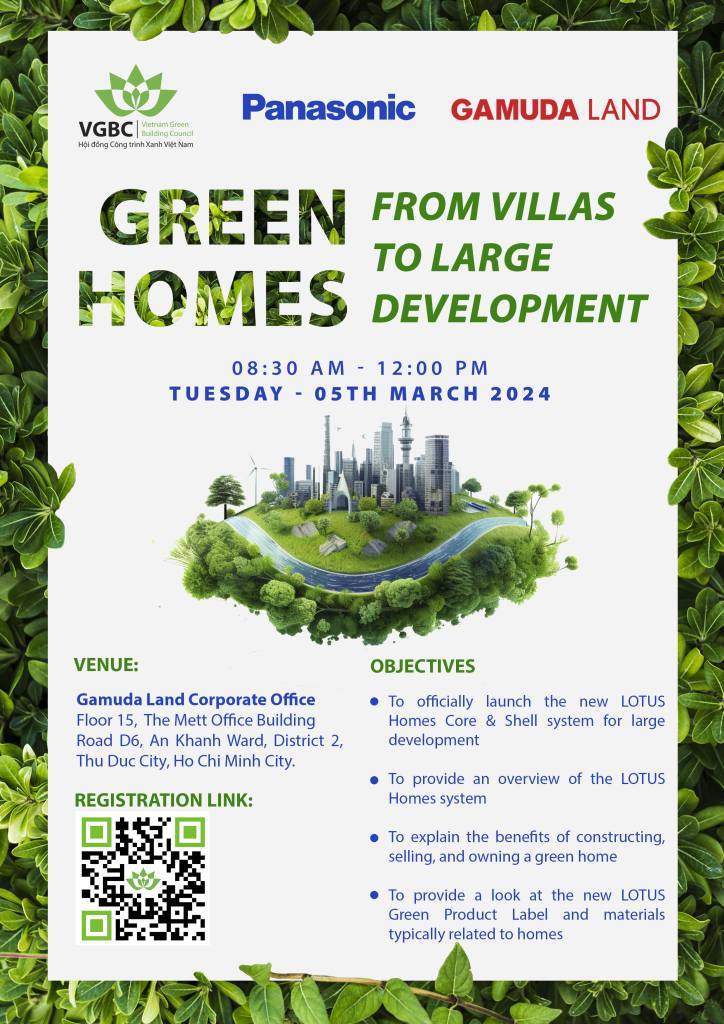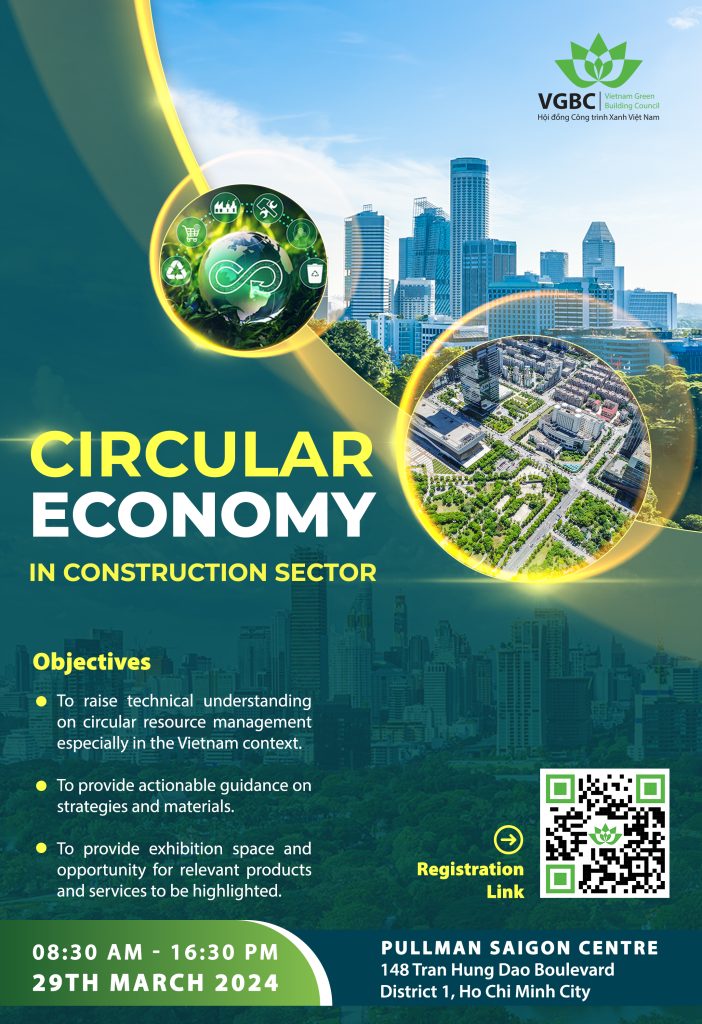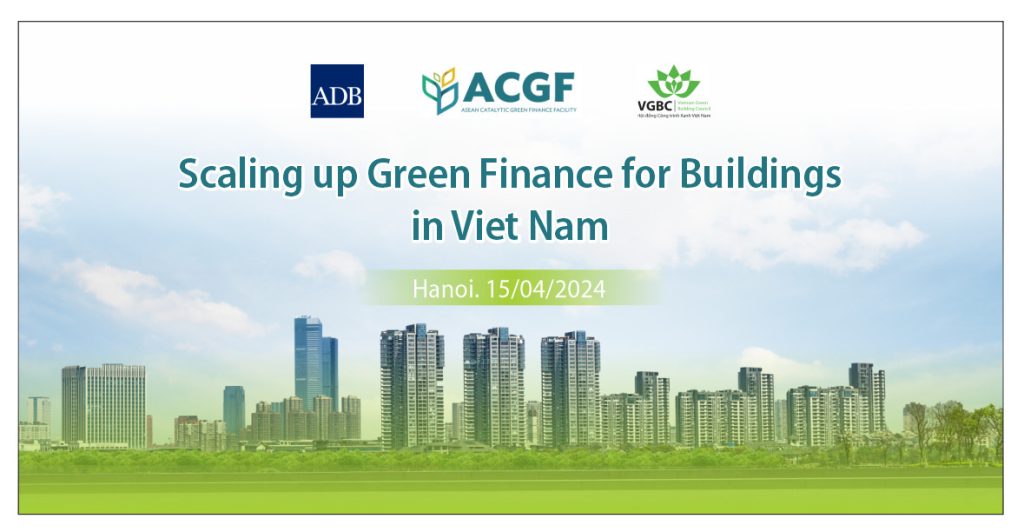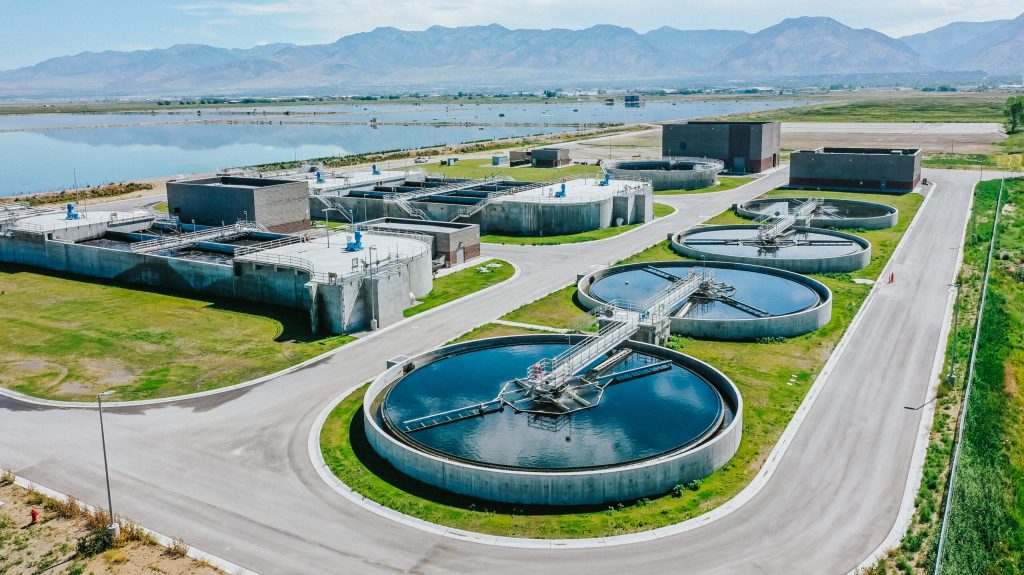Vietnam is famously teeming with motorbikes that carry an air pollution double whammy: The fumes they discharge are largely unregulated, and they’re often breathed in by riders on packed city roads.
And plenty of other factors are conspiring against healthy lungs in one of the most polluted and fastest-growing countries on Earth, including coal-fired power, mushrooming factories and rampant construction in a country with an economy growing about 6 percent annually.
But as their skies get grayer, Vietnamese debate whether they must pollute their way to prosperity.
“We reach to the tipping point,” Nguy Thi Khanh, founder of environmental nonprofit GreenID, said at an air quality panel this month. Vietnam sits near the bottom of Yale’s 2016 Environmental Performance Index for dirty air, at spot 170 out of 180 nations. “That’s why people wake up and recognize that we are at the danger point,” she said.
Does the communist country need to pass new regulations to protect its environment, or simply expand the ones in place like its gas tax? Should it focus on companies? Or should its 92 million citizens be encouraged to spend more time walking or take public transit?
Beijing Comparisons
Vietnam is the world’s No. 2 motorbike market, with 86 percent of households owning a motorbike, second only to Thailand’s 87 percent, Pew Research reported in 2015.
Riders spend an hourlong commute inhaling ashy plumes from motorbikes just feet away. So it’s no wonder many Vietnamese riders wear masks to filter some of the dust from exhaust. Down alleyways, on buses, even inside cafes, masks are nearly as ubiquitous as the motorbikes.
But one day in March 2016, Hanoi’s air quality index hit a daily reading above 300—placing the capital’s pollution at a level worse than Beijing’s.
And if Vietnam follows through on plans to nearly quadruple its coal-fired power plant generating capacity over the next 13 years, the country faces the prospect of 189 deaths per million people linked to coal by 2030, according to a study Harvard-co-authored in January. That would be more than double the next highest figure, of 85 deaths per million in 2030 projected for Indonesia, said the study.
Possible Regulation
With most of that coal-powered electricity feeding the appetite of industrial users, policy makers are taking steps that could lead to a tax on companies’ greenhouse gas emissions. Vietnam National University associate professor Ho Quoc Bang is helping draft a government circular to create a national inventory of emissions.
He told Bloomberg BNA the database will comprise regular reports from businesses in six categories: steel, cement, electricity, petrochemicals, chemicals and major users of industrial boilers. The Ministry of Natural Resources and Environment will cap and levy emissions based on this inventory, he said.
In Vietnam’s commercial core, Ho Chi Minh City, local authorities want 90 percent of industrial polluters to install air treatment systems by 2020. The official plan also targets a 70 percent reduction in air pollution by that date.
Many of those efforts will focus on traffic, which Bang said delivers 80 percent of the megacity’s haze. Corporations play a bigger role in air pollution nationwide, but at a local level, urbanites inhale sooty air first from vehicles.
Struggling With Solutions
Both in Ho Chi Minh City and Hanoi, Vietnamese have debated a motorbike ban.
But Vietnam has no subway system, and the majority of residents get around on two wheels. More realistic solutions include ride-sharing, establishing subway systems in the two biggest cities, issuing air pollution alerts and raising a gas tax.
“Definitely, the behavior will change: If you pay more, you drive less,” Fulbright University Vietnam environmental economist Le Viet Phu told Bloomberg BNA.
But he also noted that gas surcharges tend to hurt poor residents, who typically spend a larger portion of their income on fuel. The current tax runs as high as 4,000 Vietnam dong (18 cents) a liter, but policy makers are considering a rate as high as 8,000 dong.
“Tax for fuel is not so important as controlling emissions from motorcycles,” Bang said at the air quality panel, which the U.S. consulate in Ho Chi Minh City hosted. “Right now, we don’t have smog checking for motorcycles.”
The government will begin inspections of new motorbikes in 2020. Cars already undergo emissions checks.
And Grab, the main competitor of Uber in Vietnam, just released a carpooling option onto its smartphone app this month. Ho Chi Minh City is the first guinea pig.
Clean Air Act
GreenID’s Khanh said much stronger action is needed.
“I think having a clean air act is urgent,” she told Bloomberg BNA.
She discussed the proposed law at a workshop last month hosted by the National Assembly and said many attendees, including lawmakers, backed the idea.
To that end, Vietnam is collecting data on indoor and outdoor pollution, greenhouse gases, particulate matter and regional air management.
It passed an Environmental Protection Tax in 2010, an Environmental Protection Law in 2014, and a National Action Plan on Air Quality Management in 2016. Vietnam also requires environmental impact reviews for certain business permits, but Khanh and Phu both said officials don’t take the reviews seriously.
“The priority is putting economic development, economic growth at all cost,” Phu said, “and that is the problem.”
U.S. consul general in Ho Chi Minh City, Mary Tarnowka, told the panel that from 1970–2014, the U.S. economy grew 240 percent, while average air pollution levels fell 70 percent. “Multiple countries and multiple cities around the world have been able to reduce air pollution,” she said, “without sacrificing economic growth.”
To contact the reporter on this story: Lien Hoang in Ho Chi Minh City atcorrespondents@bna.com
To contact the editor responsible for this story: Greg Henderson atghenderson@bna.com
For More Information
Yale’s Environmental Performance Index can be found at: http://epi.yale.edu/issue-ranking/air-quality.
The Air Quality Index for Hanoi can be found at: http://src.bna.com/oRV.
Data on motorbikes from Pew Research Center motorbikes study can be found at: http://src.bna.com/oRU.
(Source: Bloomberg BNA)

 Tiếng Việt
Tiếng Việt





